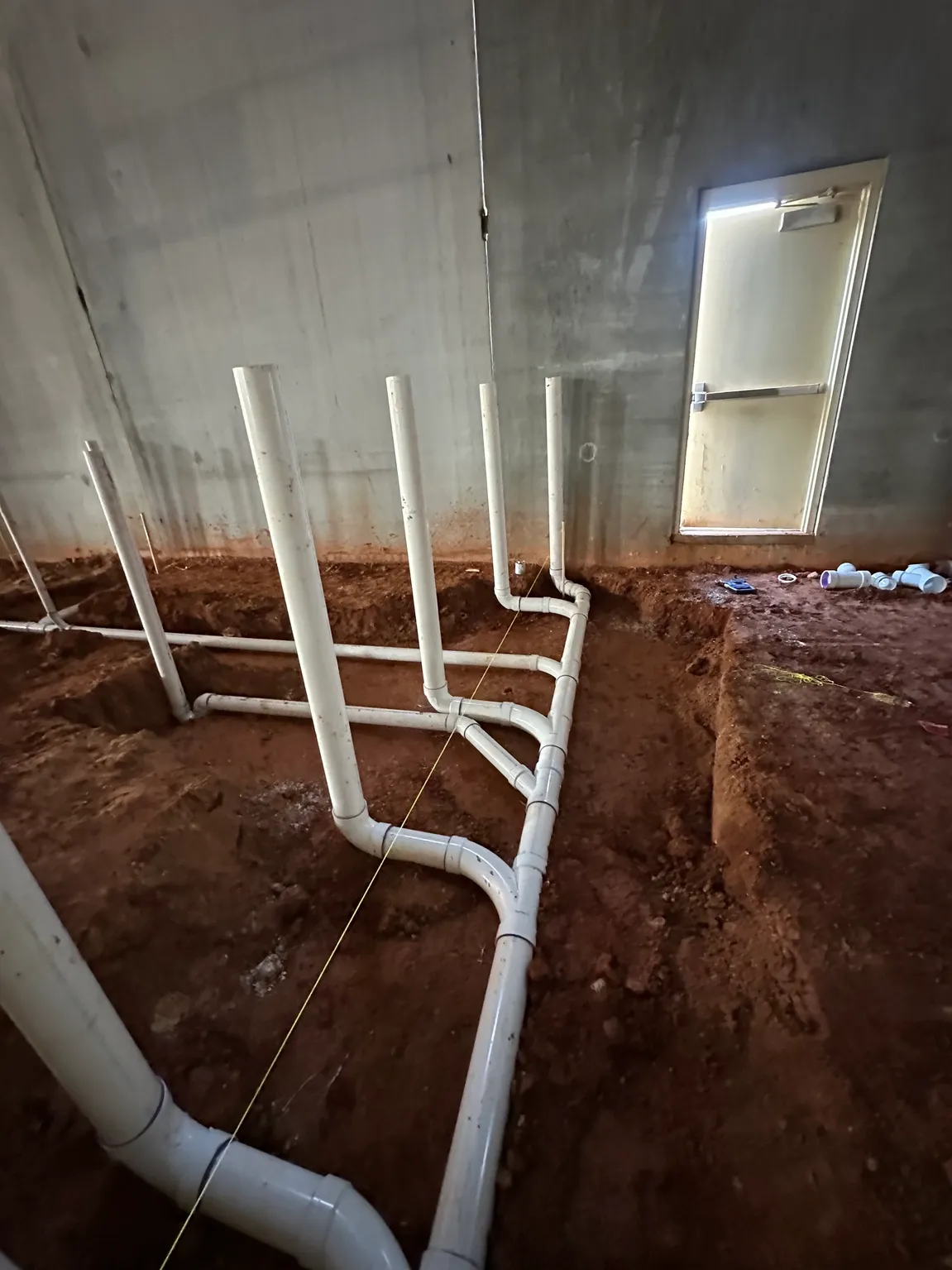
Effective Ways to Troubleshoot Plumbing Leaks in Your Home Sep 07, 2025
Identifying the Source of the Leak
The first step in addressing a plumbing leak is pinpointing its source. Common culprits include faucets, toilets, and pipes under sinks. Start by checking visible fixtures. If the problem isn’t immediately apparent, listen for trickling, hissing, or dripping sounds, which can guide you to less obvious leaks such as those behind walls or under floors.
Using the Water Meter for Leak Detection
A helpful method to confirm a leak involves using your water meter. Turn off all water in the home, then observe the meter. If it continues to move, you likely have a hidden leak. This approach is particularly effective for identifying leaks outside the immediate plumbing fixtures, safeguarding against damage before it becomes severe.
Checking for Toilet Leaks
Toilets are often a common source of leaking. To test, place a few drops of food coloring in the toilet tank. Wait 20 minutes and see if color appears in the bowl. If it does, you have a leak that needs fixing. Often, this type of leak is due to a worn flapper, which is inexpensive and straightforward to replace.
Inspecting Faucets and Showerheads
Faucets and showerheads are prone to leaks from prolonged wear and tear. Ensure all connections are tight and replace washers if you notice a continuous drip. Don't overlook checking the bases and edges for moisture, which indicates a potential leak underneath or behind the fixture.
Examining Pipes
Pipe leaks can pose a significant risk if they’re not dealt with promptly. Look for pooling water, wet spots, or moldy ceilings. Inspect visible pipes for cracks or corrosion. Temporary fixes like pipe tape or plumber’s putty can serve as a stopgap, but comprehensive repair or replacement by professionals, such as Pipe Pros Plumbing, is recommended for permanent solutions.
Preventing Future Leaks
Proactive measures can prevent future issues. Regular inspections, especially of older plumbing, help spot potential problems. Be wary of temperature extremes, particularly in winter; insulate pipes to prevent freezing and bursting. Investing in high-quality fixtures and materials can also prolong the lifespan of your plumbing system, reducing the likelihood of leaks.
When to Call the Professionals
Not all plumbing issues can be resolved through DIY measures. If you encounter persistent leaks or cannot locate the source, it is time to consult with professionals. Pipe Pros Plumbing offers expert services that can handle complex repairs efficiently, ensuring your home remains leak-free and functional.
In conclusion, effectively troubleshooting plumbing leaks involves a combination of vigilance, appropriate tools, and knowing when to engage professional help. While minor leaks can often be managed independently, complex plumbing systems require the expertise of a qualified plumber to prevent further damage and ensure the longevity of your home's infrastructure. Remember, taking prompt action at the first sign of a leak can save money and avert extensive repairs down the line.
/filters:no_upscale()/media/b1802add-ddb5-46ad-b834-871befe47cf4.jpg)
/filters:no_upscale()/filters:format(webp)/media/996b7875-3b67-4229-9908-eb7eb2ce73cf.webp)